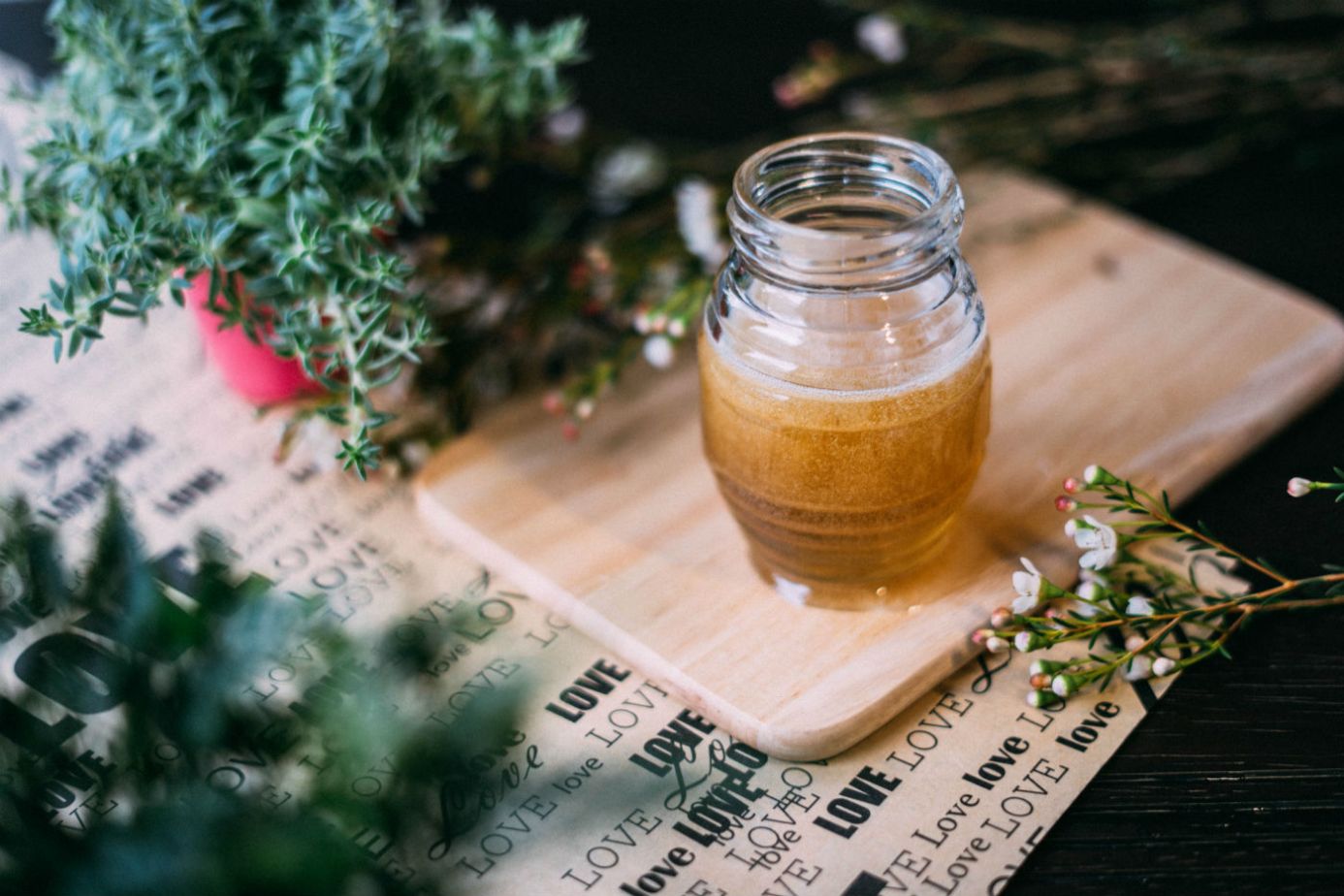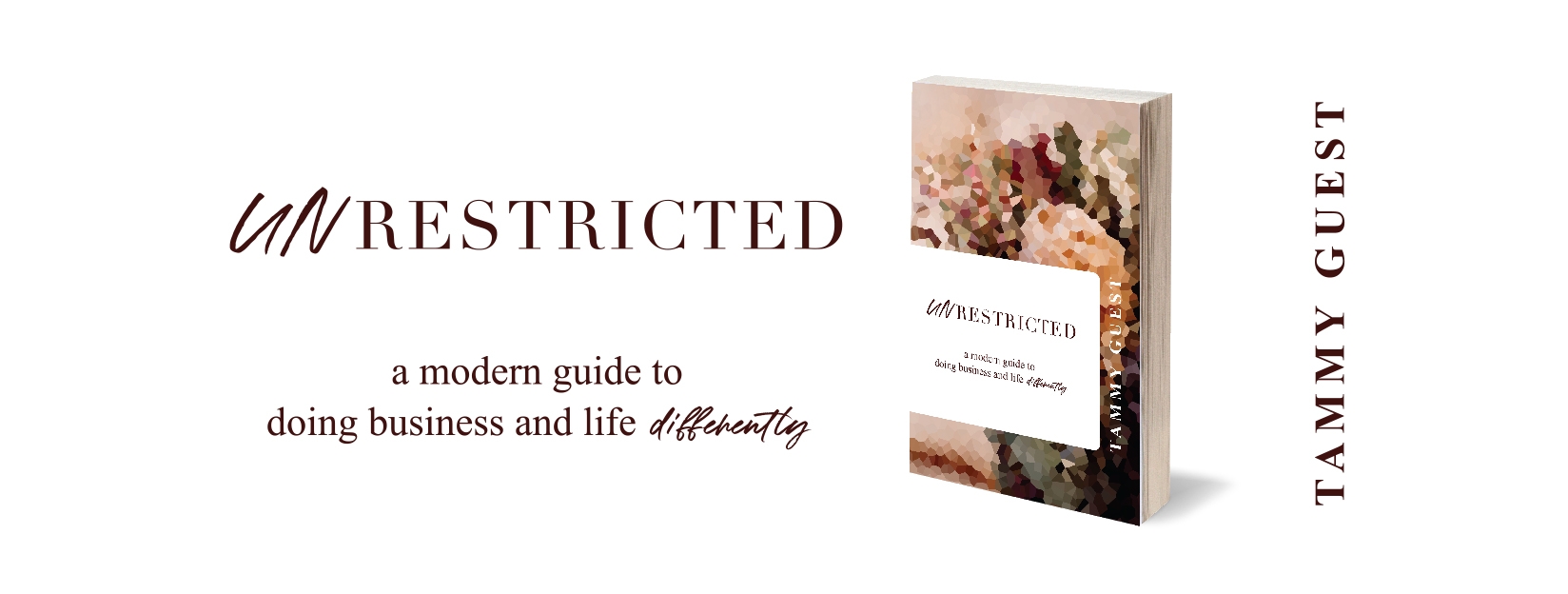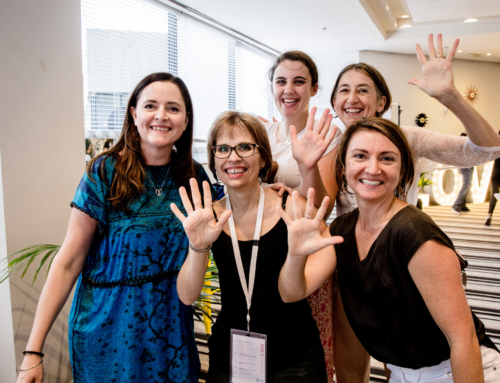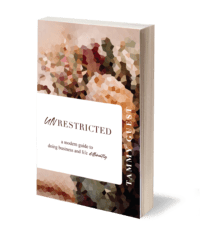There is a strong focus on consultations as you learn about being a naturopath that you might think one-on-one consults are the only option. But what if consults aren’t for you?
Don’t worry! There are other options and ways for you to work as a naturopath without doing consults.
I recently interviewed Becky Floros of Integria and MediHerb all about how she uses her training and skills as a naturopath in Regulatory Affairs. So many interesting aspects to this job that you’ve probably never realised!
Some of the gold nuggets from our conversation were:
- “Wouldn’t it be amazing to just make my own product line”
- “We need people who push the boundaries, but also people who drag everyone in.”
- “Carve a place in this profession that works for you”
- “We’re not always good at asking for help, especially when you’ve gone into the healing profession, but you need a network of support.”
- “Being gentle and generous with ourselves, and making sure we know where our boundaries are is key to self-care.”
- “You need permission to really explore a different way of doing things that are in alignment with you”
Listen here or read through below to get all the goodies.
A conversation with Becky Floros about what happens when you realise 1-to-1 consults aren’t for you
T: Hey everyone, and welcome to another episode of the Natupreneur Movement! I am super excited to chat with someone who has had some really varied and unique experiences in both our profession and our industry. I really think this conversation is going to be super powerful for some of you who are keen on the research side of things. We are the types of people who are really interested in how this whole profession and the industry can work together to bring new products and new education to the market and make sure that it’s within the guidelines that make sense for us. So I’m super excited to speak with Becky Floros today.
B: Hello; Hi, Tammy. How are you doing?
T: I’m really good. So Becky, tell us about what your role is. I’m really excited to drill down on what it actually takes to be in Regulatory Affairs. Tell us about that.
What is it like working in Regulatory Affairs?
B: Regulatory Affairs is like a melting pot of so many parts of the industry and an area that I’ve been so passionate about for so long. And my background, I’ve got a degree in Naturopathy from Endeavour (shout out to all my fellow team!). It was an area that I went into after thinking that maybe full-time clinic wasn’t for me.
T: Did you try out full-time clinic?
B: I did part-time clinic. I think a lot of people kind of start off there because going full time into clinic is financially scary. I wasn’t in the place financially where I could back myself and go full time into that area, so I started working for a company called Natural Remedies Group (rest in peace). I did things like technical support and events and I managed the showroom.
I loved working with all different kinds of products and learning from the reps on the road and talking with other people. Bit by bit, you learn things like we can’t send tryptophan outside of Queensland. And why is that?
Regulatory Affairs is so interesting about the guidance and legislation in Australia and around the world. So that’s why I got really interested in Regulatory Affairs.
T: Yeah, wow! I remember I created this amazing, e-course (that didn’t go very well, by the way). When I created it, I thought I was going to change the world. My background is in medical science so I thought, wouldn’t it be amazing to just make my own product line and just pedal it on a street corner? Wouldn’t it be cool if it went global? And then doing some research into it and there is so much that goes into creating products. Are you on the back side of that, is that what you get?
Documentation is key
B: Yeah. So certainly I work for Integria and do Regulatory Affairs for MediHerb, which is an amazing brand. Like, how blessed am I?
I work on the other side and work with say product development, quality assurance and quality control in the laboratory. I don’t work in the laboratory but they do. We all work together when making a product.
So, for like your own product line, you’re looking at having good goods and manufacturing, GMP facilities that are registered with the TGA. There’s a lot of documentation and quality control that it takes to manufacture listed medicines because that’s what our products are. They’re not just dietary supplements. In Australia, they’re listed medicines which means you need to have the same kind of quality, cleaning, validation reports, testing and testing again in six months time and again in two years time, to make sure it hits all those expiry limits, microorganism levels.
All these things are taken into consideration and on a whole, that’s a very large part and I am looking more at is that okay in market. While NPD and our laboratory and then quality assurance, it’s all about if it is in line with our guidance from the Therapeutic Goods Administration. And can it be registered on the ARTG (the Australian Register of Therapeutic Goods)? So it’s just really fantastic. It is a massive team effort. It’s a lot of stuff to just make one product.
T: Yeah, it’s amazing, isn’t it? Yeah, from the labs and the manufacturing side of things, and even then procurement, to find your ingredients. And then being able to make sure that those meeting requirements and guidelines and then your part of it has to do with what you’re actually writing on the outside of that supplement, what you’re claiming, so that it can go through, yes?
B: Yes. So it has kind of a three-pronged approach and suddenly, there are lots of special projects that we can also be pulled in different directions in. But my day to day work, and I love my work, is all about documentation. We manufacture our products at MediHerb, if anyone’s had the chance to go tour our manufacturing facility.
T: I’m hearing amazing things about that too.
Evidence to support claims
B: Oh my goodness, I’ll tell the team there. They just love it. I’ve done it myself and I was just in awe. I was like, “Whoa! I had no idea this happened!” And I work there.
So there’s documentation. Every single time you’ve got a product specification, which breaks down all of your testings on a product, of your details of the manufacturing input, the label claim, all of these things need to be squared off and documented for legal purposes. So I have to basically sign off all of these things as my part. Everyone else has their own part to sign off on the same document. So that’s the documentation approach.
Then there are the claims. So we do things like level of evidence checks and looking at what you can say about a product. So if you’ve got, say, 200 milligrammes of Siberian Ginseng, what level of research on that is there? Is the research on dried herbs or wraps or what? Is it a dry concentrate? Are you trying to make a traditional claim on something that is so far removed from what they actually use traditionally? Are you using a constituent that’s so isolated it’s not traditional anymore? Are you looking for more of a scientific claim?
So we look at that with NPD product development and they create these beautiful LOE tables and we tear it to shreds going, “You can’t say that, you can’t say that, you can’t say that.”
T: So, you play devil’s advocate! Is that part of why you love your job?
Don’t forget about advertising
B: I love it! I feel like the ultimate ‘Negative Nancy’ of the team. Because we need people who push the boundaries, but also people who drag everyone in. Commercial risk is important to minimise, and that’s our role as well. We not only work in new product development and evidence for products but also advertising. Advertising is really that third prong. So, yeah, advertising is huge. It comes down to catalogues, everything you put up on Facebook has to be regulatory approved – everything goes through us. If you see it, we’ve signed it of.
T: Were you always interested in the research side of things even when you were coming through your studies as a naturopath?
B: I was such a bad student. I don’t think we talk about that enough as practitioners. But I really felt like I wasn’t good enough. And I really felt quite like I’m just not smart enough for this. But I loved it and I loved health. I just couldn’t seem to get the pieces to fit together.
Then as I finished uni, and I started to learn more, all of a sudden, all the pieces start clicking together and it’s a bit like a puzzle. And you’re like, ‘Oh yeah, this equals this!’ And I just got more and more excited about it. I just love to see how it applies in everyday, day-to-day. What you can say, what you can write on websites. And do you have the evidence to say it?
Imposter syndrome
T: I love that. There are so many students who listen and are part of our natupreneur community and so many newbies that have just come out. And imposter syndrome is one of the biggest things that stops us from moving forward as a profession, I really feel.
B: It’s huge! So many of us get drawn in like a wounded healer. I got into this because I had chronic fatigue syndrome as a kid, other people may get into it because they’ve had a loved one suffer from autism or something. We are a huge community of wounded healers and I certainly suffered from a lot of anxiety. Uni was not my friend. I hated Uni.
T: Yeah, but that on the job training that follows through and when you get the experience of talking to clients or other practitioners on the job, it does start to click in. Even the things that seem the most ridiculous, like the Krebs cycle, and things like that.
B: I know! It all comes together. Don’t worry if you’re doing Uni and you just can’t get out of bed. Once you finish that Uni and go into the wide world of naturopathy, there are so many aspects and so much to love! I wish someone had told me just how much there was to love.
T: The theme of our upcoming conference in February at NatEx is, ‘Love Your Work, Love Your Life and Love Yourself.’ You’ve talked about what you love about your work. What do you love about your life when it comes to the balance of work and play? What do you love about your life right now?
Work life balance
B: I think I’m my job’s really, really amazing with its balance. I love that I look at research and I get to look at these amazing things with herbes because I always wanted to be a witch doctor! I was so in love with herbs, make things in a mortar and pestle, and to see all the beautiful traditional research. And yet I still get to go home every day at 3pm.
T: That is so yummy!
B: I know. Work balance was another reason why I went into what I do. I worked in technical support before – so practitioner technical support on the phone. You might have spoken to me or seen a webinar. I do like going home at a normal time. My dad had a small business and certainly working part-time as a naturopath in clinic was quite daunting. Clients contacting you at all hours of the night, that was something that I just didn’t personally feel suited me. In general, I wanted to go home and kind of shut down. And I just love the balance that this job gives me.
T: That’s fantastic. It’s really good to hear because a lot of practitioners are so consultative. There’s such a huge focus on that in our learnings. We think that if we’re not working one-on-one, then we’ll have to go and do a nine to five corporate job.
B: I love the nine to five. Or seven until three. Amen.
That really gels well with my soul. But I still get to read one of my favourite books, like Kings American Dispensary. I’ve got access to these beautiful old historic traditional texts. I love that! A big part of my job is reading traditional texts and looking at what they said in the 1800s about herbs and see if it’s reflected in current research coming out. And how sometimes it’s not reflected.
I love that part where I still get that hit of like, ‘Wow! Look at the history and the beauty and the complexity of our industry’, without having to do a 14 hour day and still, have that really analytical side.
I like to tick boxes and Regulatory Affairs is all about ticking boxes. I’ve got all my documentation that I have to do and my quality control, I get to tick everything off. I love that. I feel really good.
Carve a place in this profession that works for you
T: I feel like ticking boxes is the most difficult thing for me! I think being vision and I do these other things, I’ve been able to carve my place in our profession in a way that suits me. But I see so many practitioners coming through who love ticking boxes, love a good spreadsheet, love figuring stuff out. So that’s good to hear.
B: There’s definitely a place. There’s so much you can do with with with naturopathy.
T: Yeah, and naturopaths, in general, on your side of things, there aren’t a lot. Is that right?
B: No. So most of the time, people who come into Regulatory Affairs, we call them ‘subject matter experts.’ A lot of them come from, say, pharmacy or chemistry. I work with a couple chemists and a pharmacist who do Regulatory Affairs. My manager is amazing. He’s got 25 years of experience in Regulatory Affairs and he was a chemist before working for pharmacy. And he’s just amazing.
It’s a bit of a team. We’ve got two naturopaths on the team at the moment, as well as our senior Regulatory Affairs manager, Susan Walsh, who is a naturopath as well. And my other friend is an entomologist. So it’s varied and I love that.
The story behind our wonderful remedies
T: That’s fantastic. Because I’m sure it hasn’t always been like that. Of course, we need to think about the chemistry of things and the pharmacological issues that arise from that. But when it comes to entomology as well as our old traditions, it sounds like a wonderful time to work on.
B: It’s incredible. And I think a lot of the time it comes down to that documentation working in places that have GMP facilities. So a lot of people who are involved in control documentation, the kind of documentation you need if you want to make and sell your own products. Definitely they come from areas like either engineering, chemistry, pharmacy, or other people who work for other regulatory bodies over the world. So control documentation is a big part of the job.
So some people who work in Regulatory Affairs wouldn’t have that aspect because they might not make their own products. But certainly, if you worked for a company that contract manufactured outside their own company, you’d still have to check the product specification from your contract manufacturer,
T: Oh, I like this. We’re seeing behind the curtain! I love it. There’s so much of a story that leads up to that particular wonderful remedy that sits on our shelves, and then it’s super useful and super safe for all of our clients as well.
B: And we’ve got such great guidelines in Australia. We’re really lucky here.
Taking care of you
T: So you, you mentioned that when you were younger you had you experienced chronic fatigue. One of the big things that I’ve seen time and time again in our profession, anywhere from newbies to people who have been in practice for 30 years is that burnout is a real thing. Part of the conference is a whole topic area of ‘Love Yourself.’
Coming from a background of chronic fatigue – and obviously, I love the balance you have around finishing at three o’clock – what other things do you do to take care of yourself?
B: I think having a good support network. We’re not always good at asking for help, especially when you’ve gone into the healing profession. You want to help other people so you don’t necessarily always want to be putting your hand out for help, or hand up for help. It’s good to know you’ve got support.
Occasionally I still see clients in home clinic. And I often talk a lot about how looking after yourself is so multi-dimensioned and making sure that you’re not all alone. Even if you are isolated – because I’ve had clients who are isolated in a village. It’s hard to make friends when you’re over 30. You don’t have school or Uni. You don’t have those forced institutional areas where you can search them out.
Other things I do. . . I definitely like to really listen to my body. I’m a big fan of breathing, mindfulness. I’ve had so many as part of chronic fatigue and it still kind of haunts me.
I’m positive we’ve all seen patients with chronic fatigue. Huge post viral loads ebb and flow and then all of a sudden you get sick, they flare up. I’m a big fan of just going to bed and really making sure that I get eight hours of sleep every night. I make sure I exercise and eat really well. That’s a real priority because if I don’t, I just get sick. I just can’t push through and if I do try and push through, I’m a mess with all kinds of infections and I’ll just feel so down.
So definitely knowing what your symptoms are. For me, it’s always my glands in my throat, they just get so swollen and I feel like a chipmunk.
T: I’ve heard that a lot with actual Chronic Fatigue patients is that that there is a really beautiful, really quite quickly red flag that comes up. Your body hits you quicker and hits more loudly than some of us who do ignore it and push through.
B: With any learning experience, you get better. I was lucky that my chronic fatigue got better when I was about 18 or 19. A few years after that, I was like, ‘No, I’ll be fine.” But no, I’m really not. I am really compromised. I’m looking at myself and being gentle and being kind to myself. The kindness that I would say to my friend. Like negative self-talk. I don’t say things to myself that I wouldn’t say to my best friend.
Practitioners need practitioners
T: That is a really important one for so many of us, especially going back to that first thing you said around imposter syndrome. Some of the ways that our minds can play tricks on us when we are feeling that way. Being gentle and generous with ourselves rather than that other way that our minds play those tricks.
B: It really does and it I feel like it doesn’t get you anywhere. And definitely better comes from a soul really listening to that. Therapy helps with this. This is especially true when people get really burnt out. Putting your hand up for health professional is important, whether it be from naturopath or psychologist or counsellor.
T: Absolutely. Practitioners need practitioners of all varieties.
B: They really do. And making sure to know where your boundaries are. Looking after yourself and examining whether you are feeling burnt out and is it from your profession, is it emotional and certainly looking after all areas of that is an important thing.
T: And I think it goes back to that first thing you were saying about having your village around you. Knowing that these things do come up because you are surrounded by other practitioners who are like-minded to you and have been through these types of little waves before.
B: They actually discovered burnout in healing professions like doctors and nurses. But when they first you know invented the word burnout, it was solely for people who worked in the health profession. They started to get like depersonalisation and they were detaching from work. And we really need to lean in.
T: Well, this has been an amazing conversation, Becky. I’m so pumped that we got to talk to one another.
B: Yes, thank you so much!
MediHerb at Self-Care Day at NatEx
T: We have MediHerb and Integria as our VIP day sponsors for NatEx 2020. And I can’t wait for the self-care that we’re going to experience there. We’ve even got the amazing blending workshop for for making your own creams.
B: That was one of my favourite things, doing herbal preparations.
T: It goes back to that hardcore thing that I think most of us herbies have. We want to have our own dispensary, make our own preparations with our own hands, my own love and pour it into there.
B: I’m right behind that, very excited for it. Such an amazing coming together as a community and really leaning into each other and loving each other is a big part of why I love the naturopathic community here in Australia.
T: Thanks so much, Becky and look forward to seeing you there! I really appreciate your insights today.
Take action
If you’ve had an Aha! moment from this interview (especially if you have that kind of learner and intellectual researcher inside of you), or if you question if one on one consults is your thing, I hope you’ve gotten the permission you need to really explore a different way of doing things that’s in alignment with you! And please share this with a friend who you think might find it helpful.
Will you be joining us at NatEx 2020?
I would love to see you there and share our wonder self-care day with you, not to mention all the other amazing things we have in store for you! Learn more about the event here and get your ticket now so that you don’t miss it!









Leave A Comment